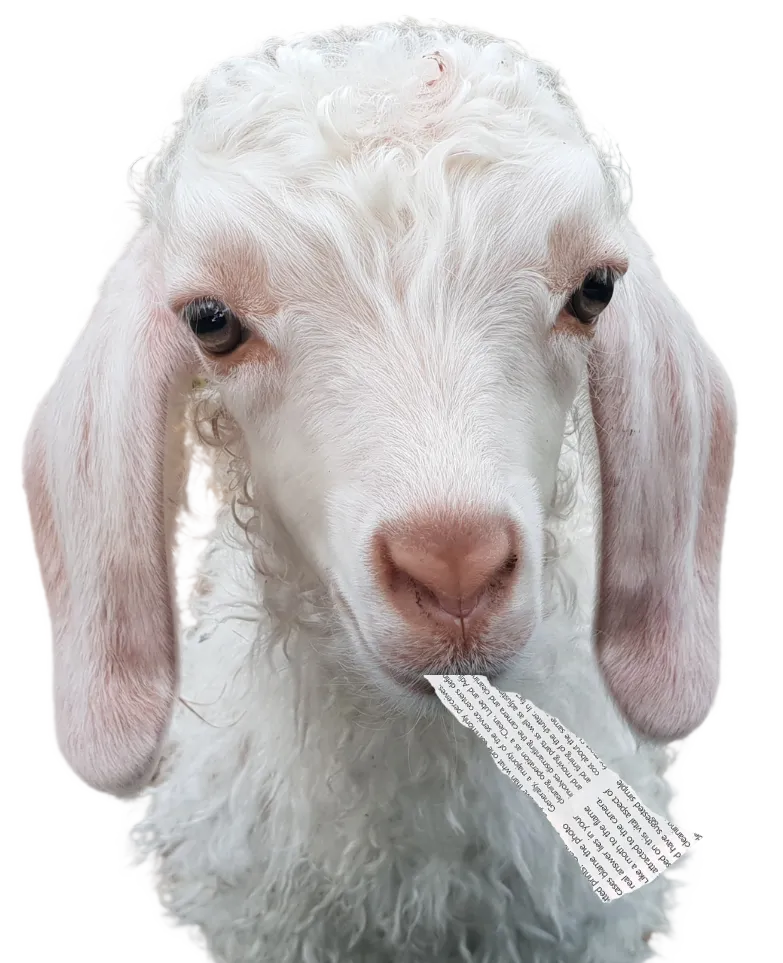Sorry that page is not available
I can’t imagine what happened to it...although I have my suspicions...

We're in the middle of a big move — updating and re-organising the site to make it easier to find what you need. That means some of our older links may no longer point to the right place.
You can:
Return to the homepage
Browse recent articles in the Lifestyle File
Check out our courses for practical, NZ-specific advice
Or try the search bar (top of the page) to track down what you need
If you're sure the page should exist or you've found a broken link, please let us know — it helps us tidy up faster.
Support & Legal
Get Rural Tips & Seasonal Updates
Subscribe to the LSB monthly newsletter.
© 2025 Lifestyleblock.co.nz | LSB Ltd Proudly off-grid and NZ-owned

